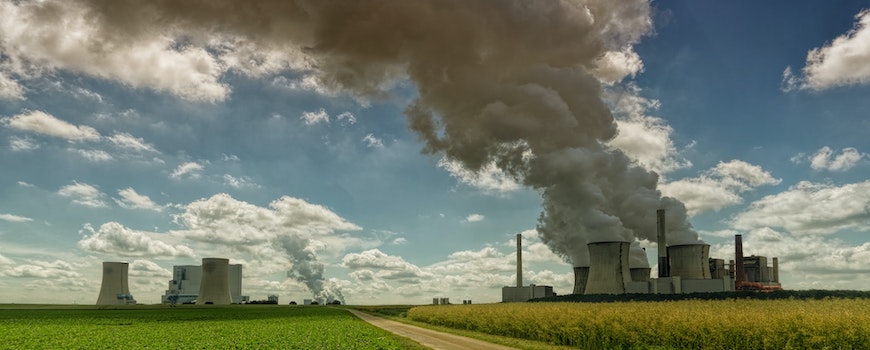
Since the industrial revolution, air pollution has been getting bigger year by year, and the increasing greenhouse gas emissions are causing global warming.
The most significant areas of pollution are:
- Extinction of natural habitats
- Marine and soil pollution
- Decrease in air-quality
To change all this, we need energy transition. But what does it mean? How can companies and civilians help in the energy transition? Let’s see the answers.
Energy transition definition
The definition of energy transition is reducing our ecological footprints – we should stop wasting materials (food, water, etc.) and quit polluting the environment. We also need to get our energy from natural resources. In addition, we need to improve our technologies to use these resources without any harm to the environment.
Energy transition means skipping the use of fossil fuels and ‘going green’ by renewable energy. It is not that easy as it sounds: numerous factors can affect an energy transition strategy, but the goals are clear: our population, economy, and society have to maintain a healthier and more sustainable lifestyle.
One of the leading reasons is that we are running out of fossil fuels. According to scientists, our natural gas and oil quarries might go empty in 50 years. The problem is that non-renewable energy sources were formed millions of years ago, but we don’t have another 100 million years to wait for the new oil supply.
Without energy, our civilization would collapse. To prevent this, we have to use renewable energy sources like the Sun, wind, hydro-power, or biomass. These sources last forever.
Of course, energy transition comes with problems. How to use wind power when there is no wind? How to collect solar power if there is no sunshine? How to use water on deep land territories? And how to store the energy efficiently? According to studies, one hour of sunlight that is striking the Earth’s surface could cover our energy needs for 1 year.
Yet, we have to focus on these problems: not just because we will run out of fossil fuels, but also because the emission of greenhouse gases (coming from fossil fuels) is harming the environment and speeds up global warming.
Our generation is fighting against time, and climate change can only be defeated if we join forces.

Transition to renewable energy
Companies can do a lot to protect our planet, leading it to a better future. Businesses are affecting hundreds or even thousands of lives, controlling them and providing them a work environment.
If the work environment is not efficient, all colleagues will damage the Earth. Thus, it is extremely important for a company to maintain a correct value system. In a previous article, we mentioned some ways to save energy at work.
Additionally, being eco-friendly is a good employer branding tool: for generation Z, it is cool to be protective of the environment. Young people tend to work for companies that care.
The best case scenario is that a company empowers its employees to live more sustainably even at home. Businesses have to motivate their people to run their bikes instead of a car and maintain a reward system to ensure this.
Conclusion: clean energy transition
Our world is collapsing in front of our eyes. Climate change is here and is very real. Changes are required. Nations are agreeing on that: the Green Deal of the European Union has set high – yet achievable – standards for its member states, ‘ordering’ them to protect our environment.
The biggest change is energy transition. We need to skip the use of fossil fuels and replace them with renewable energy.
Renewable power sources are:
- Solar power
- Biomass
- Wind energy
- Hydroelectric power
- Geothermal energy
Are you interested in the process of changing our planet’s environment? Follow our articles!
